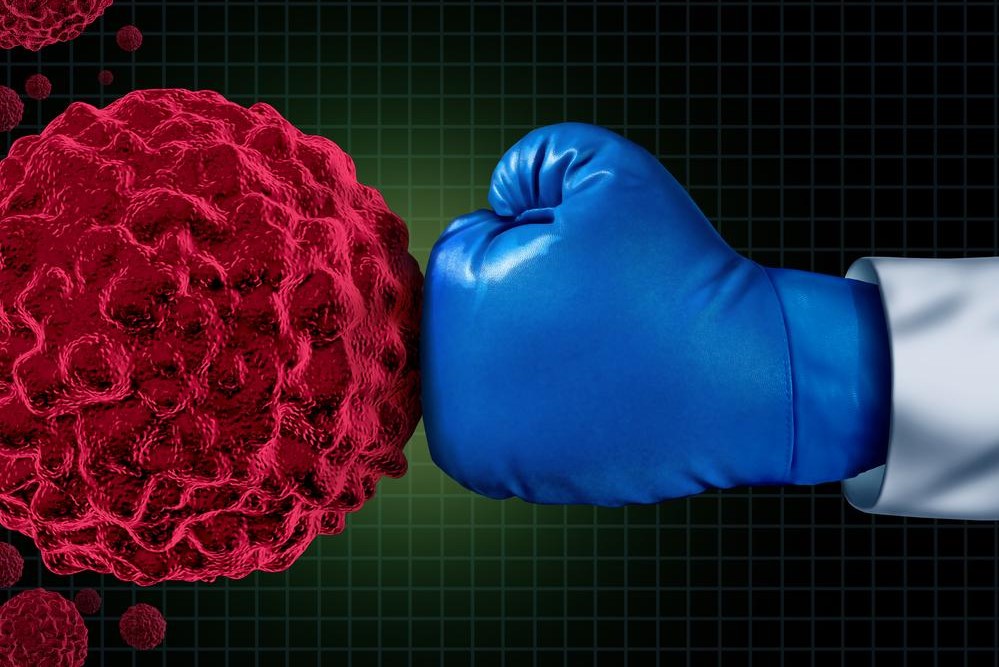Common Types of Cancer-Fighting Immunotherapy
Immunotherapy, which is also known in medical circles as biologic therapy, takes advantage of lab-engineered substances or those created naturally within our bodies, to increase immune defences to battle cancer. The focus of immunotherapy is to help boost a cancer patient’s immune strength, stop cancer from spreading (or metastasizing), and prevent further cancerous cell growth. That said, based on the specific action, there are a few distinct types of this treatment option.
Oncolytic virus therapy
Oncolytic virus therapy involves a series of genetically-modified viral shots, which get injected into a cancerous tumor to kill damaging cells. This virus boosts the immune system to help destroy cancerous cells while not endangering healthy cells.

Monoclonal antibodies
Monoclonal antibodies are lab-manufactured cancer and disease. This form of cancer therapy helps the immune system seek out and destroy cancer proteins throughout the body and are also meant to impede further cancer growth.
Cancer vaccines
Specific vaccines can be introduced to the body in order to trigger antigens in the immune system, which encourages the body to fight cancer. Cancer vaccines are available in treatment vaccines and prevention-type vaccines.
Non-specific immunotherapies
Non-specific immunotherapies come in two different types—interferons and interleukins. Interferons are typically used to treat all forms of cancer, whereas interleukins usually focus on kidney cancer treatment and skin cancer (melanoma) treatment.
T-cell therapy
T-cell therapy, or chimeric antigen receptor (CAR), for cancer treatment utilizes the immune-defending cells that already exist in our bodies. To treat a cancer patient, a doctor will first extract healthy T-cells from the blood and add certain cancer-fighting proteins (known as receptors). The cells will be altered in large numbers and added back into the patient’s bloodstream so they can locate and destroy cancerous cells.

